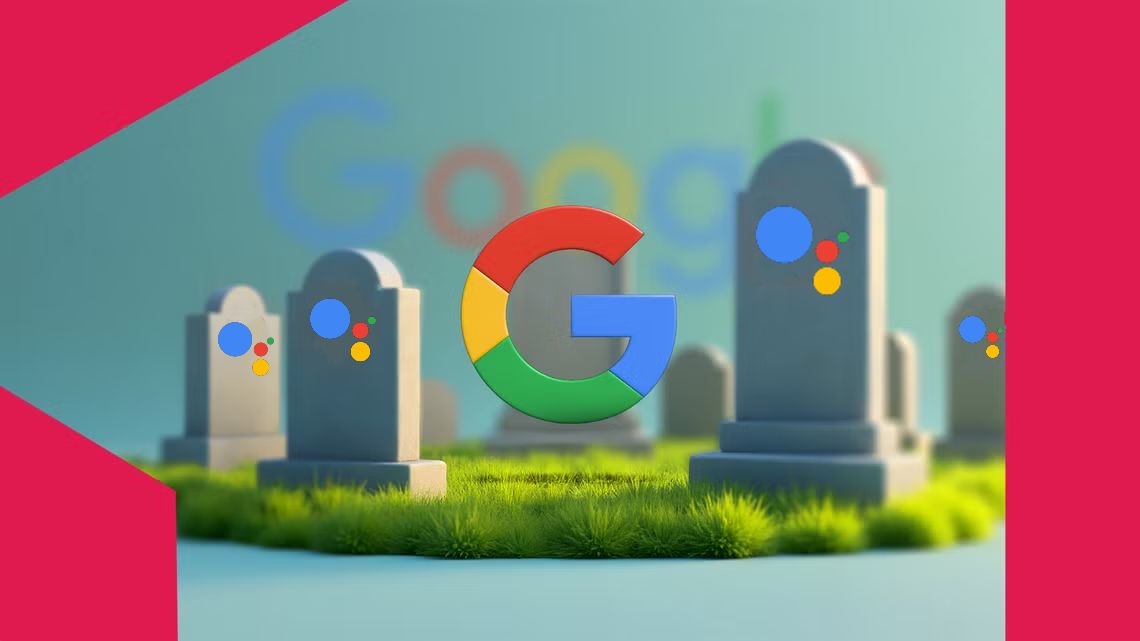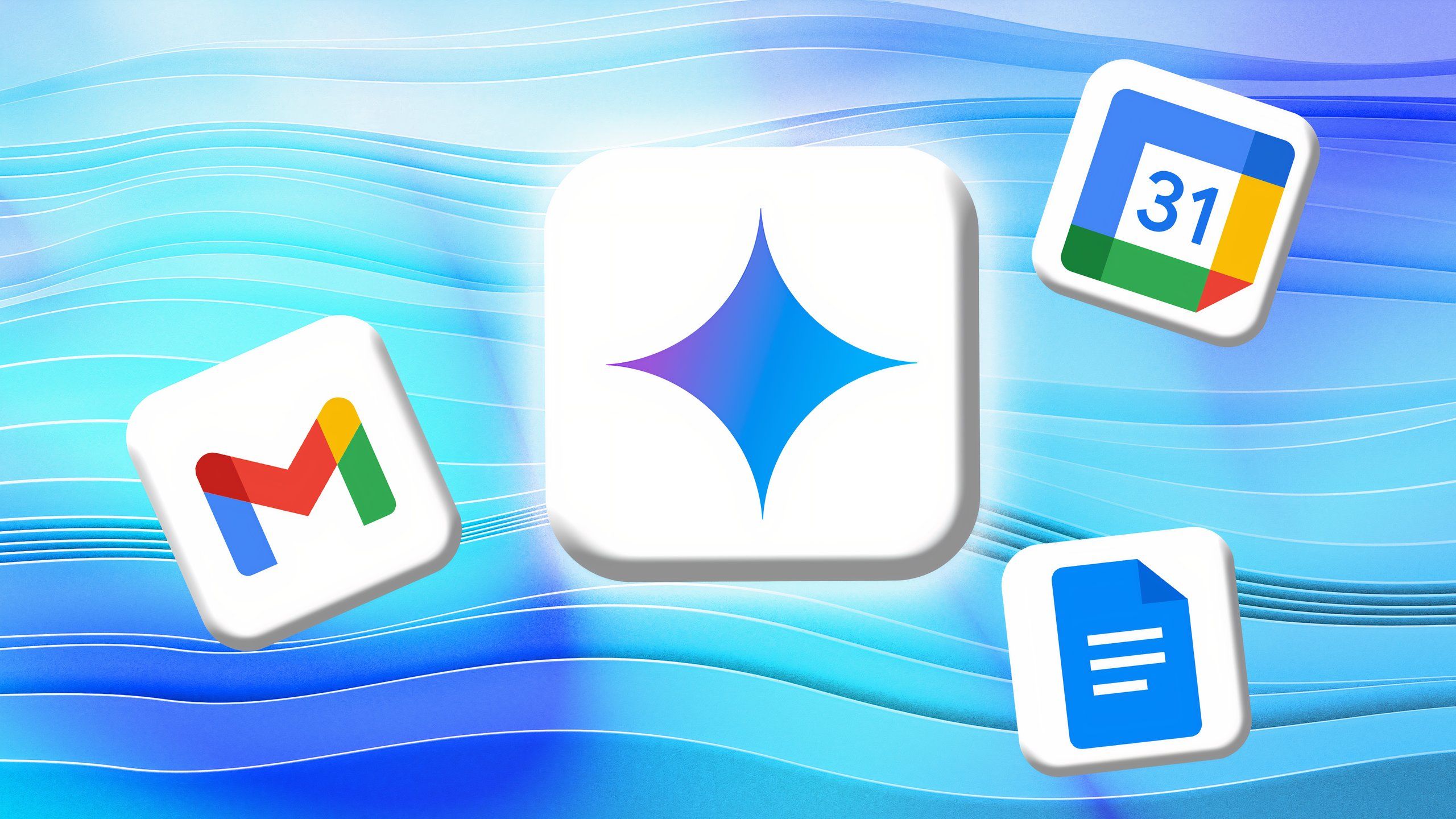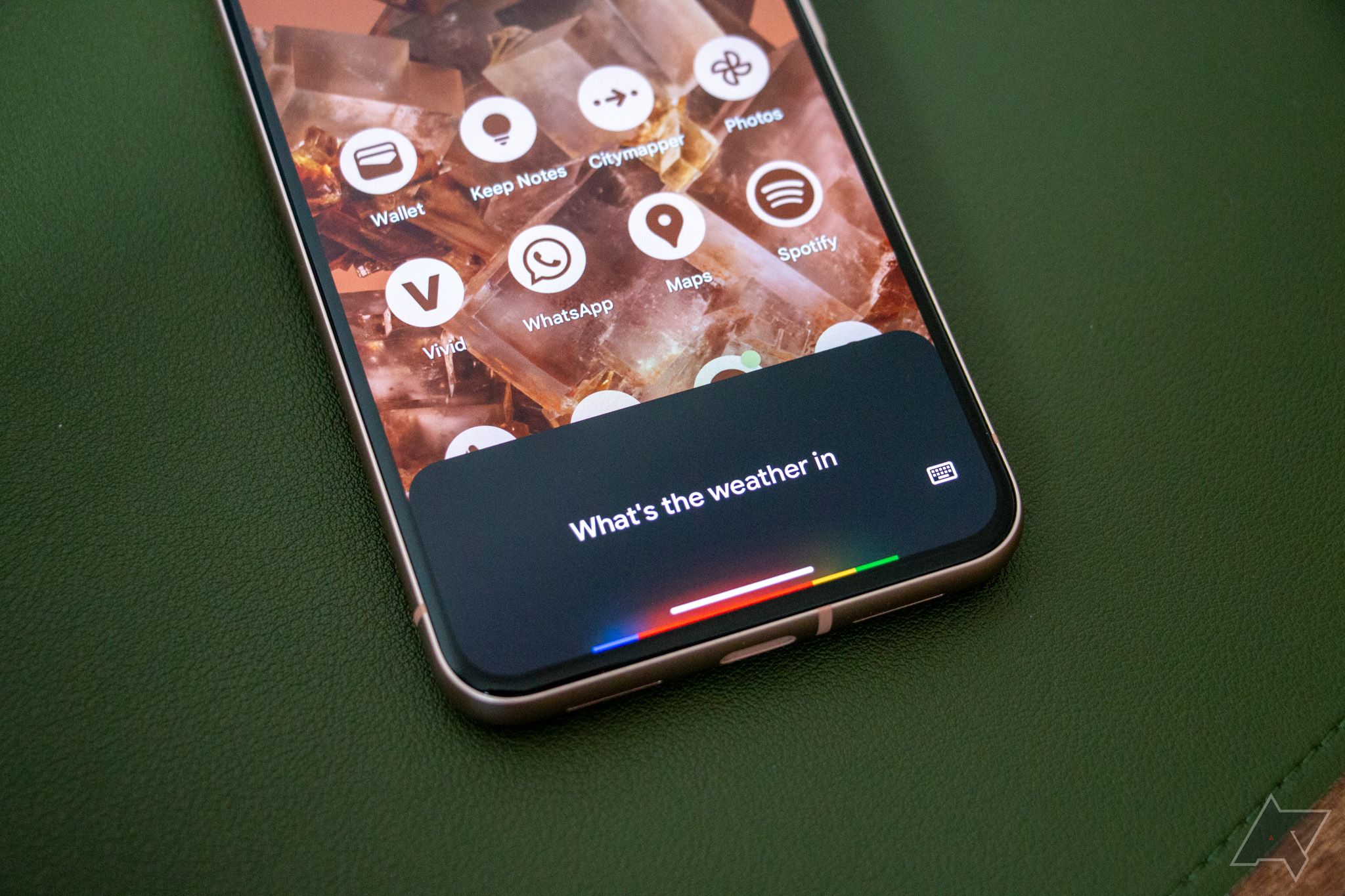Google launched the Google Assistant in 2016. Since then, Google’s first-gen virtual assistant has spread to pretty much every device type you can think of: phones, tablets, smartwatches, smart speakers, TVs, cars — if it connects to the internet, it probably has access to the Google Assistant.
But there’s a new Google assistant in town. Since Gemini launched two years ago (initially under the name Google Bard), it’s seemingly been Google’s top priority. Now, it feels like practically every public-facing announcement about Google hardware or software is Gemini-themed. Given Google’s laser focus, it should come as no surprise that Gemini is now officially replacing Assistant in most contexts. Here’s what you need to know.
What exactly is changing?
Google has committed to replacing the legacy Google Assistant with Gemini on most devices. Google announced last week that, beginning on phones, Gemini will soon become the default voice assistant, and that the legacy Google Assistant will no longer be accessible there in the near future. (Google does note that on devices that don’t meet the minimum hardware requirements for Gemini, “Google Assistant functionality will not change at this time.”) Other device types will follow.
In the meantime, Google has already begun deprecating some Google Assistant features. Over the weekend, Google updated a Google Assistant Help page to highlight some Assistant features that will soon go away, including the following capabilities:
- “Favorite, share, and ask where and when your photos were taken with your voice.”
- “Change photo frame settings or ambient screen settings with your voice.”
- “Translate your live conversation with someone who doesn’t speak your language with interpreter mode.”
- “Get birthday reminder notifications as part of Routines.”
- “Ask to schedule or hear previously scheduled Family Bell announcements.”
- “Get daily updates from your Assistant, like ‘send me the weather everyday.’”
- “Use Google Assistant on car accessories that have a Bluetooth connection or AUX plug.”
Where is Gemini replacing Google Assistant?
Judging by Google’s announcement, Gemini will replace the Google Assistant in almost every instance in the near future. The process will begin with smartphones soon before moving to tablets, cars, headphones, and smartwatches. Google also says it’ll bring “a new experience, powered by Gemini” to smart home devices like smart speakers, smart displays, and Google-powered TVs.
We’ve seen movement in this direction lately. Gemini is the default voice assistant on high-end Android phones already — devices Google, Samsung, and OnePlus, and Nest speakers were spotted responding to certain queries in an unexpected new voice that seemed AI-generated months ago. Google has also been working to bring Gemini-infused experiences to cars, starting with Mercedes.
When are these changes taking place?
Google’s been vague about the timeline for Gemini replacing the Google Assistant broadly. It’s happening on phones first; Google says it’s “upgrading more users on mobile devices from Google Assistant to Gemini” over the next few months, and that the legacy Google Assistant will no longer be accessible on most phones “later this year” (though, again, phones that don’t support Gemini will retain Assistant access, at least for the immediate future). Once the transition has taken place, you’ll no longer be able to download the Google Assistant from the Play Store.
As far as other device types — smart speakers and displays, cars, TVs, Wear OS watches, and the like — Google has only said that it’ll share more information “in the coming months.”
A smarter assistant, coming soon
I’ve been complaining for months that Google-powered devices respond to _Hey Google_ prompts differently depending on whether they currently support Gemini; as of today, phones with Gemini installed answer queries entirely differently from Wear OS watches or Nest speakers, which don’t have access to Gemini yet. This experience can be frustrating, and it’s about time Google addressed it.
And as critical as I may be of Google’s (and the tech industry’s in general) hyper-fixation on AI services over the past couple years, Gemini is a good digital assistant. It’s now mostly capable of performing the basic smart tasks Assistant handles (turning connected lights on and off, setting reminders, and the like), though there are still some niche exceptions, like the ability to broadcast announcements over smart speakers. Gemini is undeniably more to answer more abstract questions without having to repeat a snippet from the web, though. So if nothing else, you should expect to hear your smart speakers and Wear OS watches start answers with “According to Wikipedia…” less frequently in the near future.
Based on what Google’s shared so far, Gemini is on track to replace Google Assistant on most devices sometime this year. We’ll share more about the specifics of that transition as we learn it.







